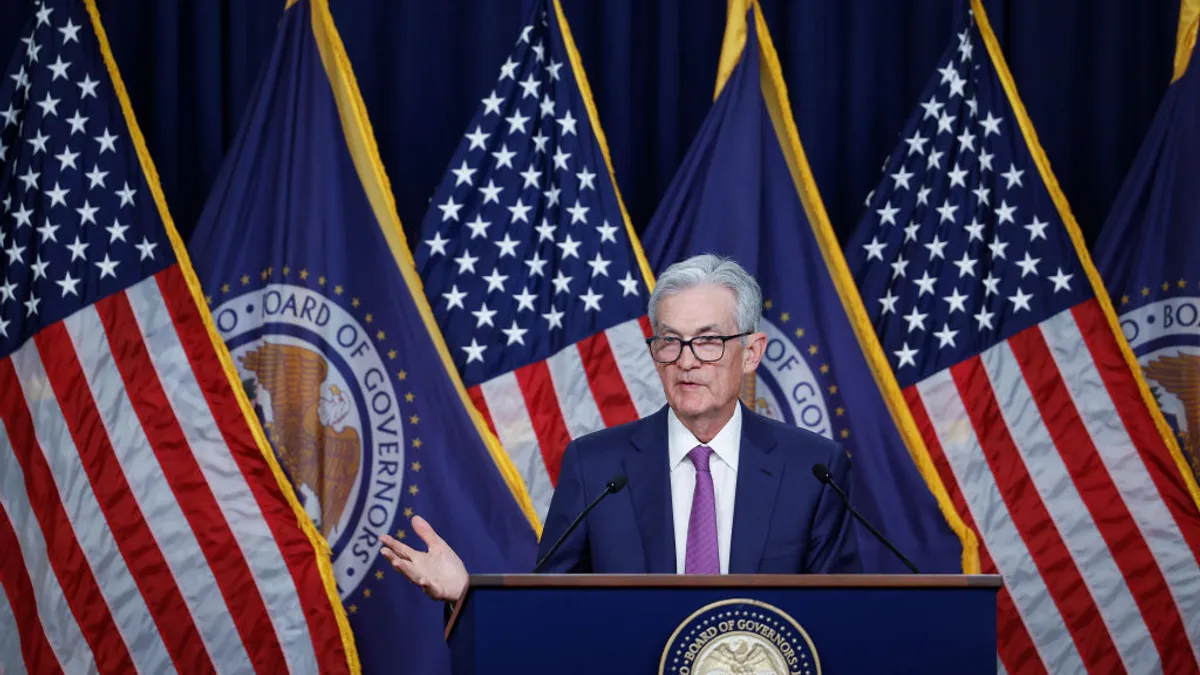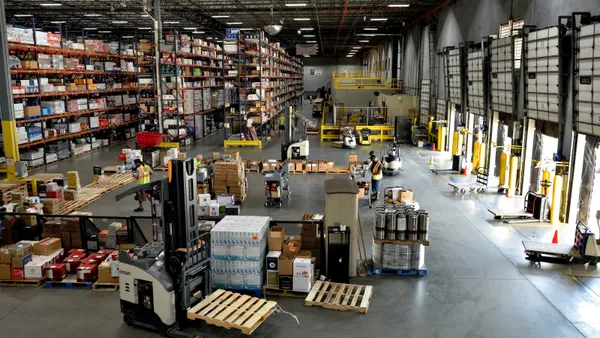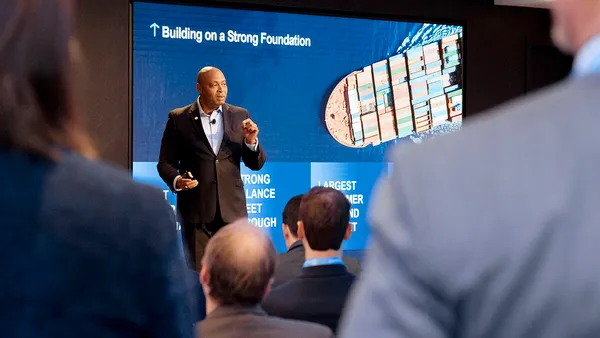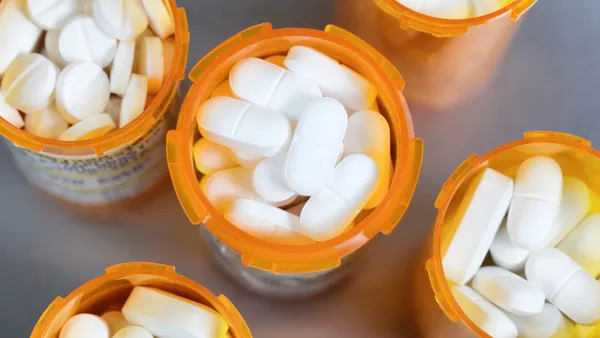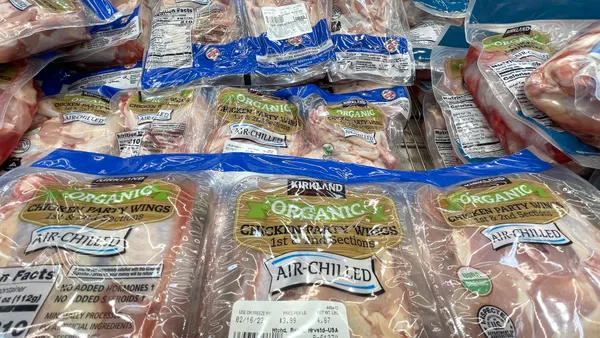Halloween might be over, but that doesn’t mean the ghouls and goblins aren’t still creeping around waiting for your vulnerable moment.
The latest Chartered Institute of Procurement & Supply (CIPS) Risk index shows global supply chain risk increased to a level of 80.8 in the 2nd quarter of 2016 – extending a trend of rising risk that has been prevalent during the past decade. Weak oil and commodity prices, political uncertainty, economic instability, the impact of terrorism and the unclear fallout from Brexit have all contributed to high risk figures.
For most supply chain professionals, this is hardly surprising: risk and threats pervade throughout our global supply chain operations, after all.
The pharmaceutical industry, must constantly control for counterfeit medications. In a July 2016 report, the Drug Enforcement Agency found hundreds of counterfeit pills are introduced to the U.S. illegally each year. For consumers, this means the safest path to legitimate medication is through closed and completely secure drug supply chains.
Supply chain risks are global, too
Bloomberg reports cargo theft is increasing in Europe, where food, alcohol and clothing are now being more targeted than high-value electronic goods. Recent thefts have included over $105,000 worth of salmon in Norway, 80 cases of whiskey near London, and $2.12 million worth of Champagne. (It seems the thieves are preparing a big New Year party.)
Including the Middle East and Africa, the Transport Asset Protection Association shows cargo theft has increased almost three times in five years.
Meanwhile, in the U.S., Chipotle continues to make headlines with a declining stock price and decreasing earnings resulting from a supply chain incident that sickened customers last year. It turns out, Chipotle had for years operated without systematic item scanning at supplier, distribution or restaurant facilities – demonstrating a shocking lack of supply chain know-how.
As a result, Chipotle has indicated that improved supply chain visibility is now a key priority. As the CDC’s outbreak-response team said, “having traceability from field to slaughterhouse to restaurant can help facilitate trace back. Chipotle has articulated plans on their end to make that system more robust.”
Proactive risk mitigation pays off
Risk mitigation requires proactive strategies, so as you prepare for the new year and assess your budget for new technology, reflect back upon the risks and threats that impacted your supply chain in 2016. Whether disruptions were caused by transportation problems, supplier missteps, poor weather, regulatory challenges, quality issues or theft, ensure supply chain risk management is a high priority by asking:
- Does your organization have the necessary staff, skills and technology to create and manage a supply chain risk program?
- Does your global supply chain demonstrate the right level of agility and responsiveness for today’s complex, cross-border environment?
- Can your supply chain team collect and exchange information across multiple internal and external systems to maximize supply chain performance and meet country specific regulations?
- Does supply chain security have the right level of exposure and importance within your organization?
- Are you able to effectively and securely enable and deliver product traceability across all relevant trading partners, including suppliers, brokers, carriers, customers and others?
While there are numerous other questions to ask, supply chain professionals must be constantly aware of the increasingly wide range of challenges that impact global supply chains.
The current threats and complexities create extreme levels of risk that can impact operational performance, customer satisfaction and, ultimately, a company’s bottom line. Global trade risks will continue in 2017 and require a comprehensive approach that includes the right skills, processes and software technology to avoid serious harm to a company’s brand and reputation.
Gary M. Barraco is the Director of Global Product Marketing for Amber Road. As the platform evangelist, Gary develops and launches customer insights, go-to-market plans, product messaging and content, and field marketing tactics for Amber Road’s Global Trade Management solutions.




